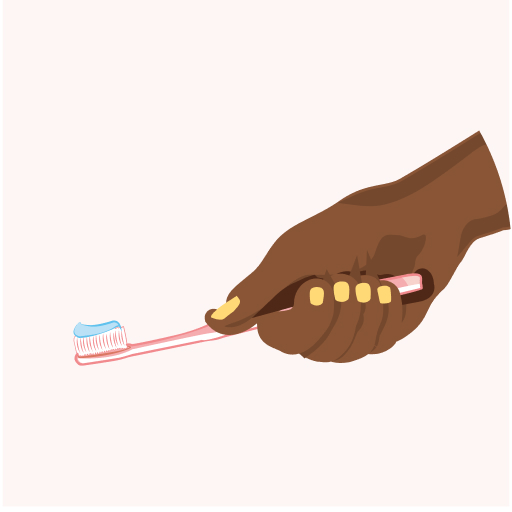
Things to Consider When Supporting Someone With Mental Health Needs
Mental health has been in the news a lot lately. From Robin Williams, and more recently Kate Spade and Anthony Bourdain, the news that these high-profile celebrities took their own lives came as a surprise and a shock. To most of us, they seemed to have it all: wealth, fame, recognition. And it forced us to wonder: what would make someone with it all take their own life? We now know that Robin Williams suffered from mental illness. And I’m certain that in the coming weeks and months, we’ll get a chance to learn more about the mental health statuses of both Kate Spade and Anthony Bourdain.
Discussions, posts, and stories about mental health have permeated through television and on social media. Many of these messages centered around encouraging people suffering with depressions or suicidal thoughts to reach out to friends, loved ones, and mental health providers. While well intended, the notion that someone who might be suffering from depression or battling suicidal thoughts will openly reach out to someone to talk can be misleading. It’s often not that simple. Instead of putting the onus on the individual who might need help, I’d encourage us to rethink how we can encourage and be supportive to someone who might need it. Here are some suggestions to consider:
What’s your relationship with this person?
This is always a good starting point. Examine where your relationship is with this person. If it’s not as great as it could be, acknowledge that and commit to making it stronger.
You might have to reach out first. And keep reaching out.
Get involved in your person’s life. Spend time with them. Be available for them. Show interest and be supportive.
Don’t blame.
This goes along with don’t be judgmental. Debating whether or not suicide is right or wrong, or lecturing on the value of life, might not help. Instead, focus on listening and allow the person to express his or her feelings.
Help them get help.
Asking for help isn’t easy. So sometimes you might have to step in. Get help from people or agencies specializing in crisis intervention and suicide prevention.
If you, or someone you know, is struggling with thoughts of suicide, there is help. Contact the National Suicide Prevention Lifeline at 1-800-273-8255 for free, confidential, and 24/7 services.
More Content
Mental & Behavioral Health
Filling in the Gap: Why I Wrote A Book About Depression and Trauma for Women of Color
As an author, a woman of color,...
Mental & Behavioral Health
Black Women and the Impostor Syndrome Struggle
You’ve been feeling like a fraud -...











